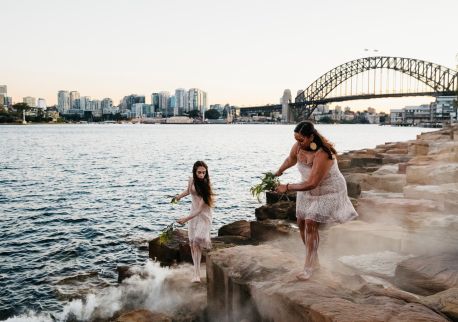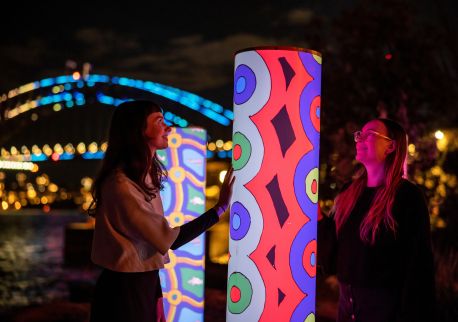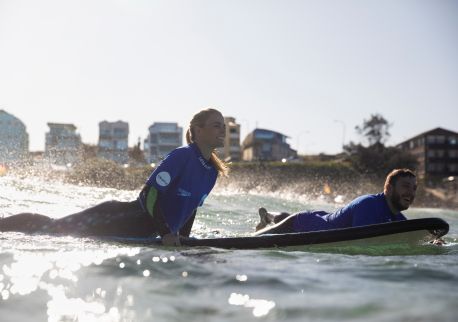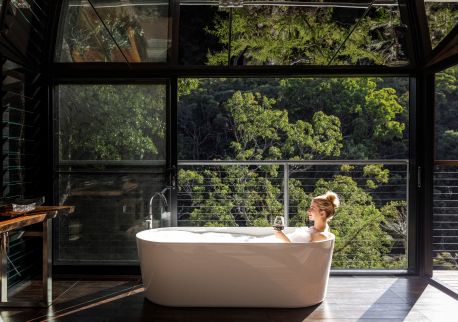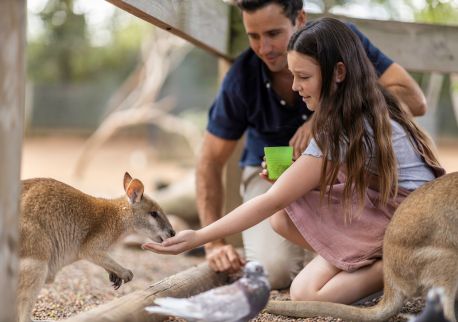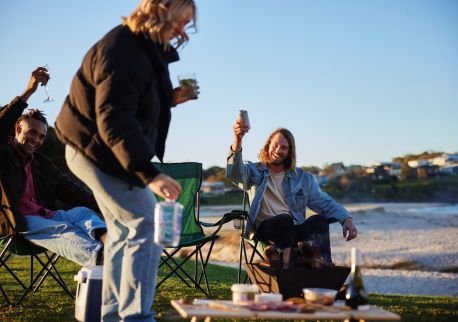Archibald, Wynne and Sulman Prizes 2025 Exhibition
Saturday 10 May 2025 to Sunday 17 August 2025 (DAILY event)
Overview
Australia’s most popular annual arts event.
The Archibald Prize has always created controversy and conversation. For over a century, artists from Australia and New Zealand have captured the spirit of their times through portraiture, reflecting the personalities and issues that define their communities.
The Wynne Prize for landscape painting of Australian scenery, or figure sculpture, celebrates the diversity of representations of our country, and the Sulman Prize is for subject painting, genre painting or a mural project.
Each year, the trustees of the Art Gallery of New South Wales judge the Archibald and Wynne and invite an artist to judge the Sulman. In 2025 the Sulman will be judged by renowned artist Elizabeth Pulie.
These ‘must-see’ annual exhibitions of finalists and winners have become fixtures in the artistic calendar. A single ticket gives you access to see all three of these prestigious awards.
Have your say by voting for your favourite portrait in the ANZ People’s Choice award before entries close on 27 July, and see art by our next generation of artists aged 5–18 in the free Young Archies display in the Kaldor Hall on the ground level. For families, join the fun, self-guided children’s trails.







